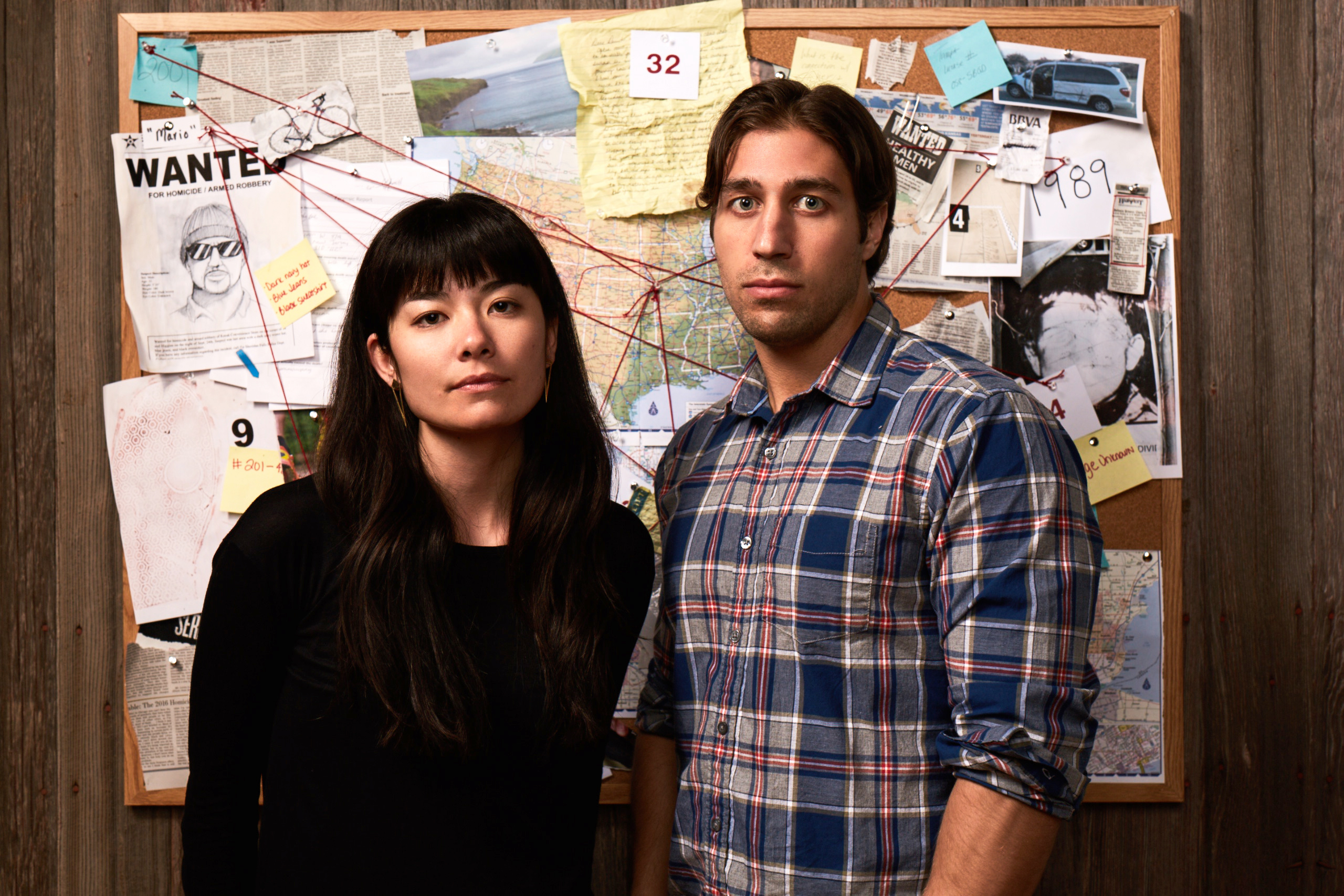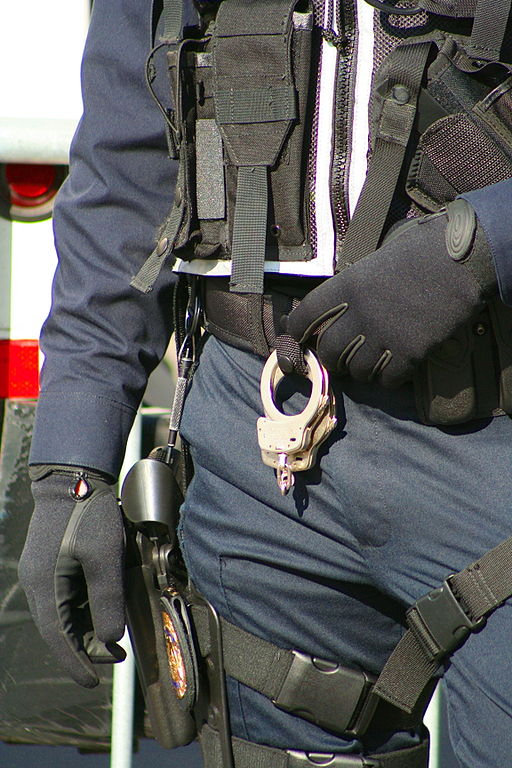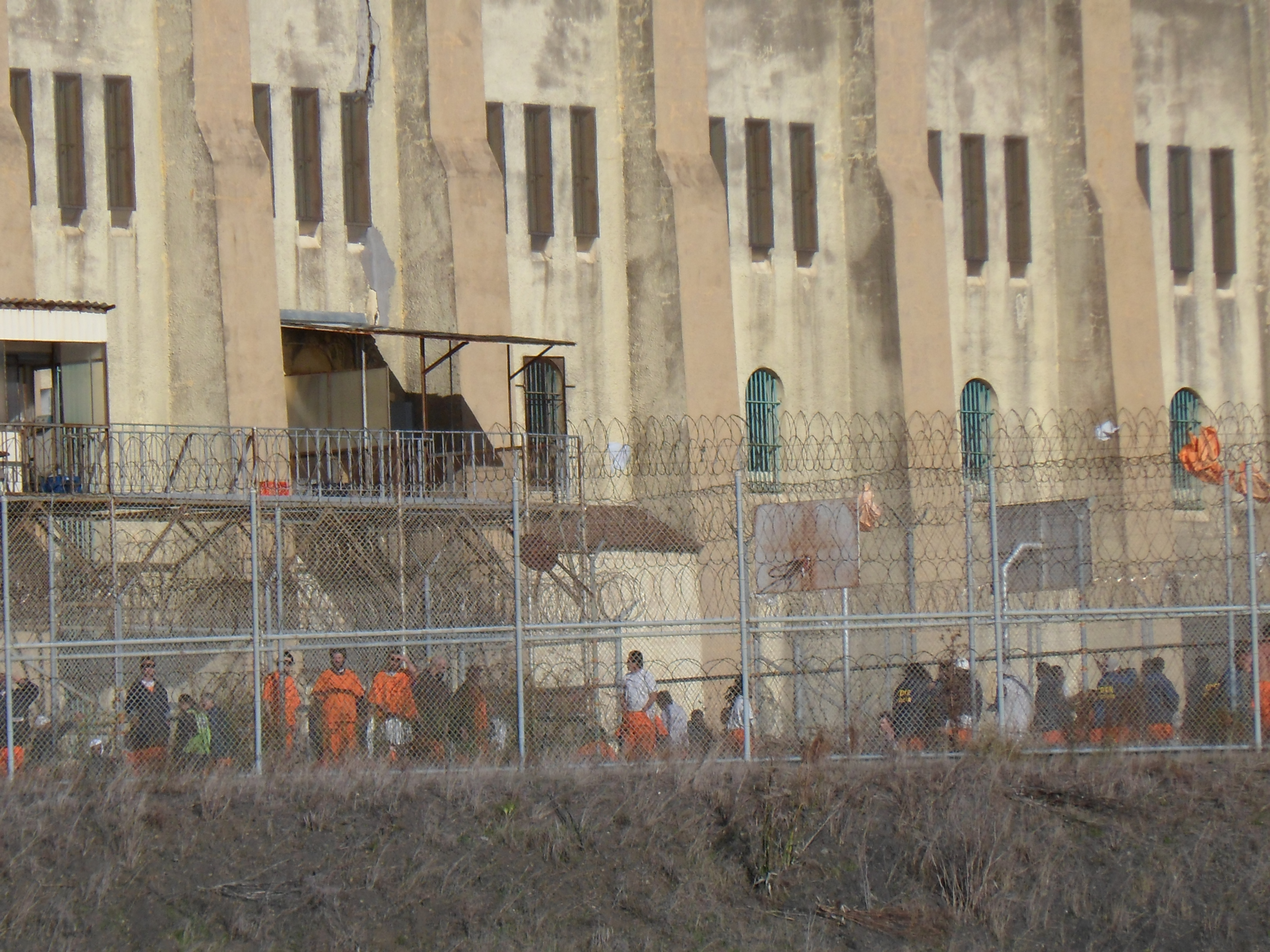Man Served Prison Time for Wrongful Conviction

By:
Ryan Ferguson, a 19-year-old college student in Missouri, thought everything was going to be fine when officers arrested him for murder in 2004.
 MTV - mtv.com
MTV - mtv.com
"When they first told me it was for murder, my first thought was, 'This isn't a big deal, because I obviously didn't do it,'" he told ATTN:. "I'll just answer the questions and go home. I had faith in the legal system."
Ferguson soon discovered how wrong he was: He was convicted of second-degree murder and robbery in 2005 and sentenced to 40 years in prison, largely on the dubious testimony of a friend. It wasn't until 2013 that his conviction was overturned, but not before Ferguson spent a decade behind bars.
Now 31, Ferguson has a new MTV reality show, "Unlocking the Truth," and he is on a mission to show young people the terrible reality of the criminal justice system.
 MTV - mtv.com
MTV - mtv.com
Ferguson and the Exoneration Project's Eva Nagao will explore other potential cases of wrongful conviction in the new show.
"By highlighting three dubious convictions, we expose the institutionalized racism and classism throughout the legal system, pushing our audience to contemplate fundamental fairness, not just guilt or innocence," Nagao told ATTN:
Part of the goal is to shine a light on people without a voice: the poor people and minorities who are disproportionately represented among the wrongfully convicted.
"I'll be the first to say that I'm lucky," Ferguson said about his own case. "My case got attention, and part of the reason is because I was young, white, middle class, and educated."
The first episode introduces viewers to Ferguson's case.
Ferguson's nightmare started because of a bizarre dream.
The case began with the murder of Columbia (Mo.) Daily Tribune sports editor Kent Heitholt in 2001.
Police who investigated the case for two years became interested in Ferguson after his friend, Charles Erickson, told people he had a dream about the murder, according to CBS News.
"We've all had weird dreams, and you're not sure if it's real or not, but apparently this one was about a murder that he read about in the paper that day," Ferguson said.
The night Heitholt was murdered in the newspaper's parking lot, Ferguson had gone to a Columbia bar with Erickson, drove him home late, and then went home to sleep, Ferguson said.
Erickson later told friends about his dream, which landed him in a police interrogation room. That jumbled dream turned into something much more serious and life-altering for Ferguson.
"What is well-known is that when the police picked him up, they were allowed to legally lie to him, threaten him, manipulate him, and that's when it becomes very clear what happened," Ferguson said. "They took a kid who had no memory of that evening, and they told him that people saw him at this crime scene, so that eventually he says specifically, 'If I did this, Ryan must have been with me.' And that's what took my life."
 Wikimedia Commons/Elvert Barnes - wikimedia.org
Wikimedia Commons/Elvert Barnes - wikimedia.org
Police had no DNA or fingerprint evidence tying either Ferguson or Erickson to the crime. But Erickson pleaded guilty in exchange for a lighter sentence and testified at Ferguson's trial that they both killed Heitholt, according to CBS News. That testimony helped convict Ferguson, who was sentenced to 40 years in prison.
Erickson is still in prison; Ferguson believes his friend was also wrongfully convicted.
"He was used. He is a pawn. He is a victim as well of this whole thing," Ferguson said.
Why would anyone confess to a crime he didn't commit?
ATTN: previously reported that young people are particularly vulnerable to false confessions. Since 1989 there have been 232 cases of people who confessed to crimes but were later exonerated, according to the National Registry of Exonerations. There could still be people in jail who falsely confessed but were never cleared.
When people are in an interrogation room, they panic and say anything to get out, wrote Samuel Gross and Maurice Possley of the National Registry of Exonerations at the University of Michigan:
"Innocent suspects confess because they are terrified and confused and exhausted; because they are deceived or tricked; because they don’t understand what they are doing; because they feel hopeless and helpless and isolated."
"I believed 100 percent that these people know I'm innocent and their actions to distort the facts further prove it," Ferguson said. Investigators had tunnel vision, he added. "They can do whatever they want, and they did not thoroughly investigate the case," he said. "Once they have a suspect, they ignore any evidence that proves innocence."
 Scott Davidson/Wikimedia - wikimedia.org
Scott Davidson/Wikimedia - wikimedia.org
There is no one definitive reason for wrongful convictions, but many can be linked to problems in the initial investigation, Nagao said. "If you look at the data from the National [Registry] of Exonerations, you'll see that over half of their reported cases involve false accusations, and just under half involve official misconduct," she said. "Oft-cited causes also include eyewitness misidentification, misleading forensic evidence, and false confessions."
 Wikimedia - wikimedia.org
Wikimedia - wikimedia.org
Why did it take so long to exonerate Ferguson?
In Missouri, the appeals process is handled by the same court that handled the trial that resulted in conviction.
"You're going back to the trial court that convicted you, and you're asking them to admit that they made a mistake," Ferguson said. "These appeals, they sound good on the front of it, but if you look at how they actually work, and you look at the percentage of appeals that are successful, it's almost meaningless."
Eventually, Ferguson got a new lawyer, Kathleen Zellner, who got him the hearing that would free him. The process took years. (Zellner is also handling the case of Steven Avery, which was chronicled in the Netflix series "Making a Murderer.")
"It usually takes people, you know, six, seven, eight, or 10 years to ... even get to that point where they'll have a real significant shot at a hearing that will presumably get the truth out," Ferguson said.
The Missouri Court of Appeals Western District cleared Ferguson's conviction in 2013.
 MTV - mtv.com
MTV - mtv.com
Now that he's out of prison, Ferguson wants young people to understand the reality of the criminal justice system so they can better protect themselves.
"I want them to understand that the legal system is not on their side," Ferguson said.
Nagao said that young people need to understand the truth about the American justice system. "Remember that this is not about bad apples. This is about a system of justice built on rotten, racist foundations, and act accordingly," she said.
 MTV - mtv.com
MTV - mtv.com
Ferguson also wants young people to create change. "The percentage of the population that has more money, is more affluent, is whiter, less affected by the police and the prosecutors, they don't see the problems," he said. "Oftentimes they're the ones who can help make the change, because they're attorneys or they're prosecutors or they're policemen."
 MTV - mtv.com
MTV - mtv.com
Ferguson said his life's purpose will be to expose the flaws in the criminal justice system. "I will do this until the day I die," he said. "I'll be exposing what's going on."
"Unlocking the Truth" airs Wednesdays on MTV at 11 p.m.
